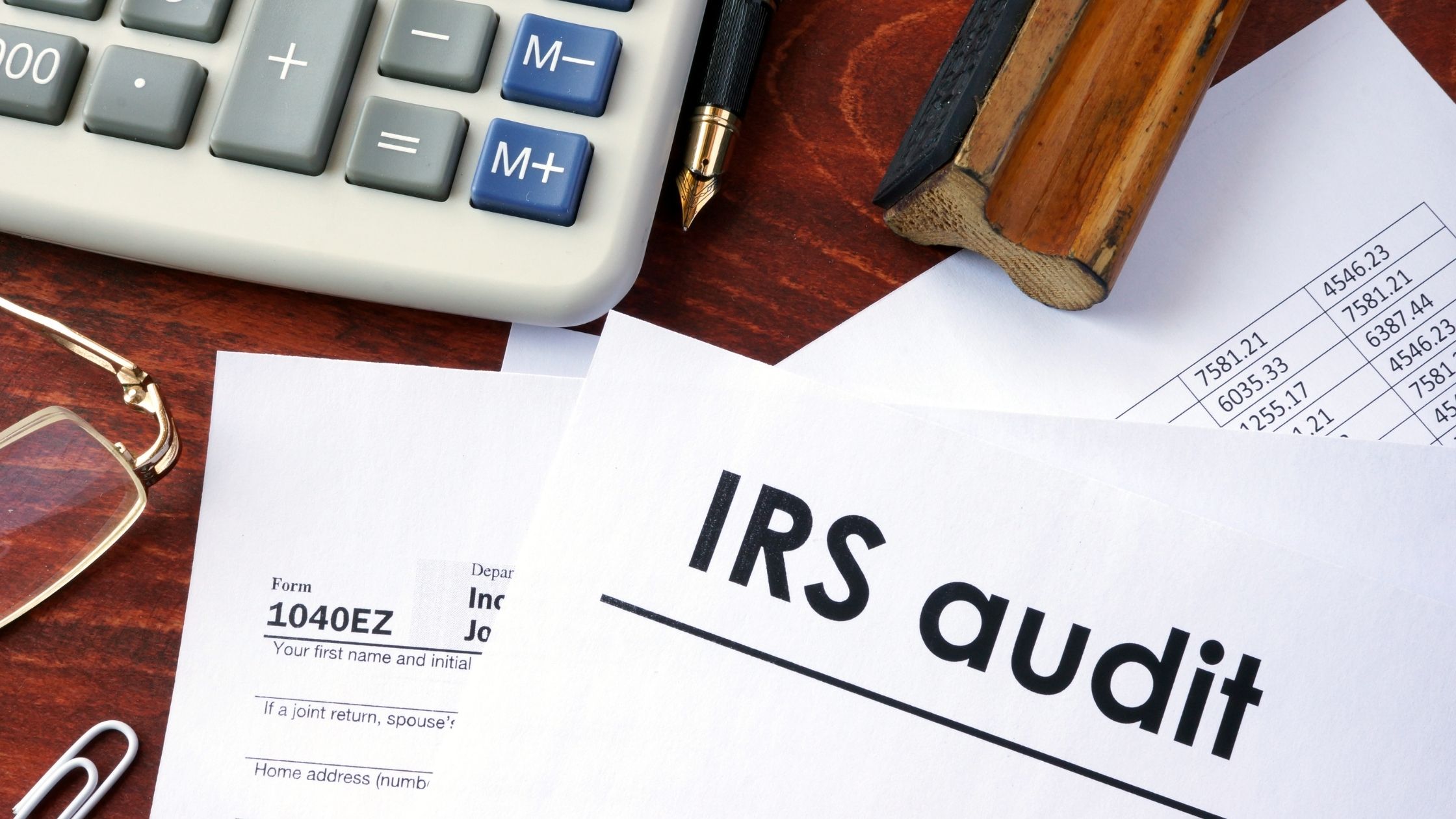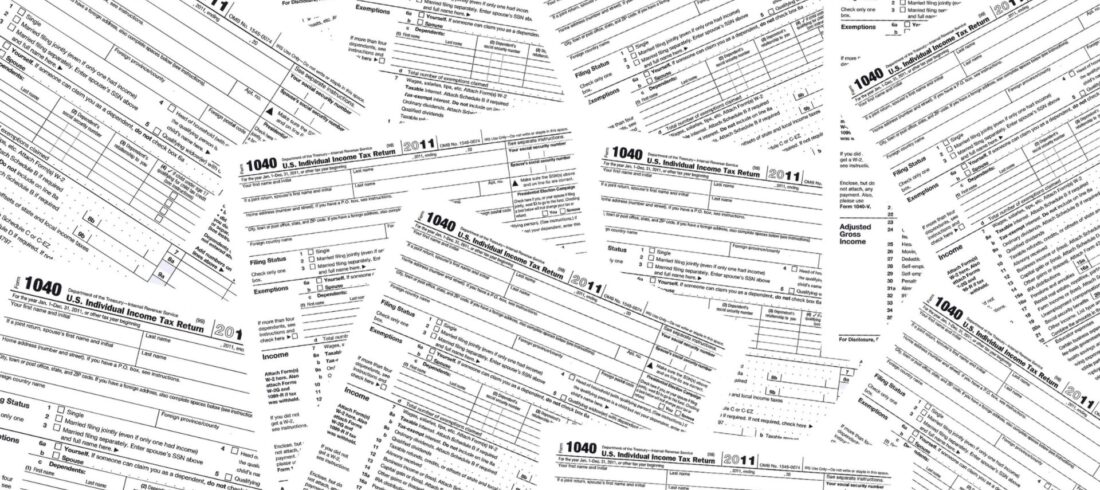Keeping Your Money and Peace of Mind
Step 1 – Understanding Burden of Proof
It’s important throughout the process of dealing with the IRS to know everyone’s rights and duties. The Restructuring and Reform Act of 1998 shifted the burden of proof from the taxpayer to the IRS in civil tax disputes. The “burden of proof” in a civil case is to show by a preponderance of evidence of weight of evidence that all the facts necessary to win a judgment are presented and are more likely to be true than false. This is considerably lighter than the burden of proof in a criminal case, which requires the prosecutor to prove guilt beyond a reasonable doubt.
“Preponderance” means a superiority in weight, power, importance, or strength.
Here’s how “preponderance of the evidence” works: Say you reported the following income on your tax return:
$ 95,000 from Salaries
$ 3,500 distribution from a retirement plan
$ 98,500 total income from all sources
The IRS audits your tax return and asks to see your bank statements. They almost always ask for this, and it’s considered a reasonable request.
- You give the auditor your bank statements, and she adds up a total of $108,500 in deposits. She tells you that unless you can provide additional information, she will have to assess additional taxes based on the extra $10,000 of income.
At Point A, the preponderance of the evidence is on the side of the IRS. The tax return says you made $98,500, but the evidence says you deposited $108,500 into your bank account.
- You tell the IRS auditor that the extra $10,000 was money you inherited from your grandmother. Money that’s received from gifts or inheritance is not taxable.
At Point B, the preponderance of the evidence is still on the IRS’s side, because they have actual written evidence showing your total bank deposits.
- You show the IRS your grandmother’s will that leaves you $10,000 and a copy of a check from your grandmother’s estate.
At Point C the preponderance of the evidence is in your favor, because you have written proof showing that the extra $10,000 was not taxable income.
Prior to 1998 The IRS could presume that information reported on a tax return was wrong unless the person filing the return proved by a preponderance of evidence that the return was correct.
Shifting the burden of proof to the IRS in civil cases is not quite as good as it sounds. It’s not automatic, and it does not relieve individuals and businesses from the need to keep complete business records.
Before you can shift the burden of proof to the IRS you have to:
- Introduce credible evidence to support the tax return you signed;
- Cooperate with reasonable requests for information from the IRS; and
- Comply with substantiation and recordkeeping requirements in the Tax Code and Regulations













